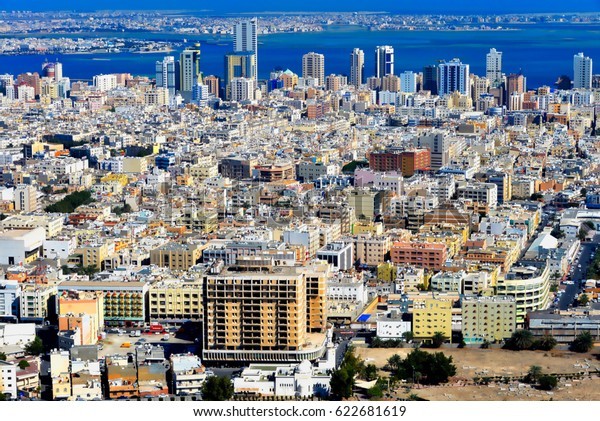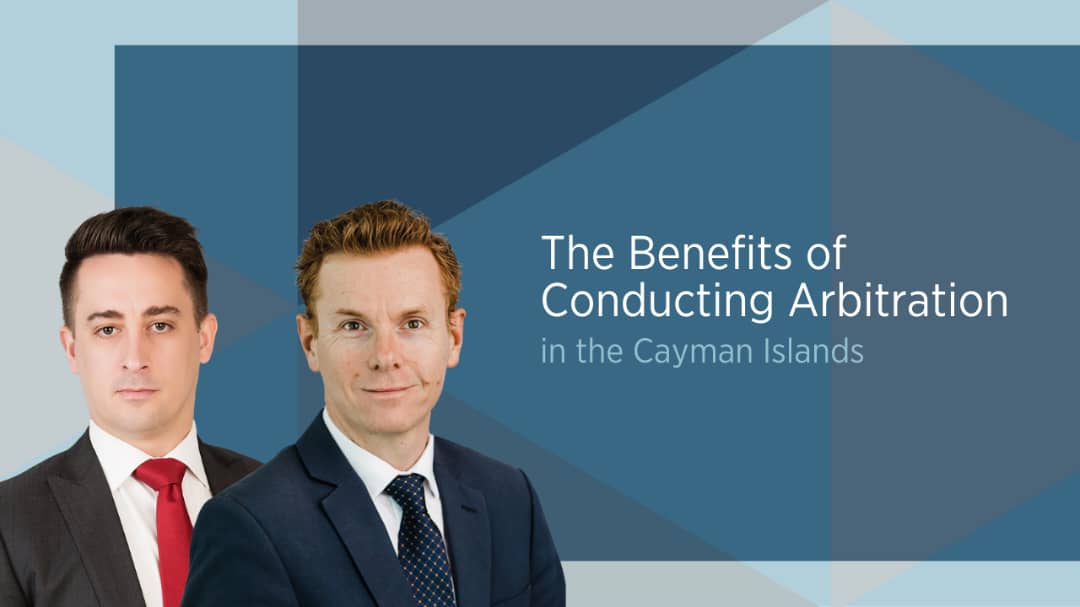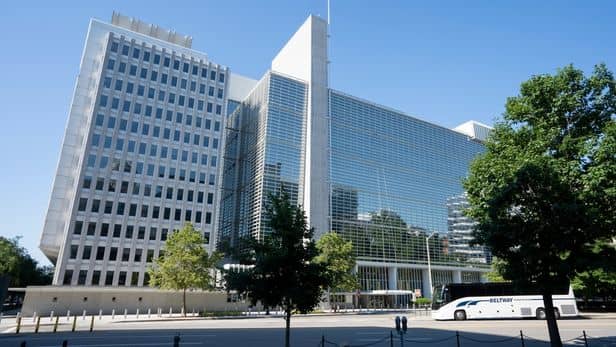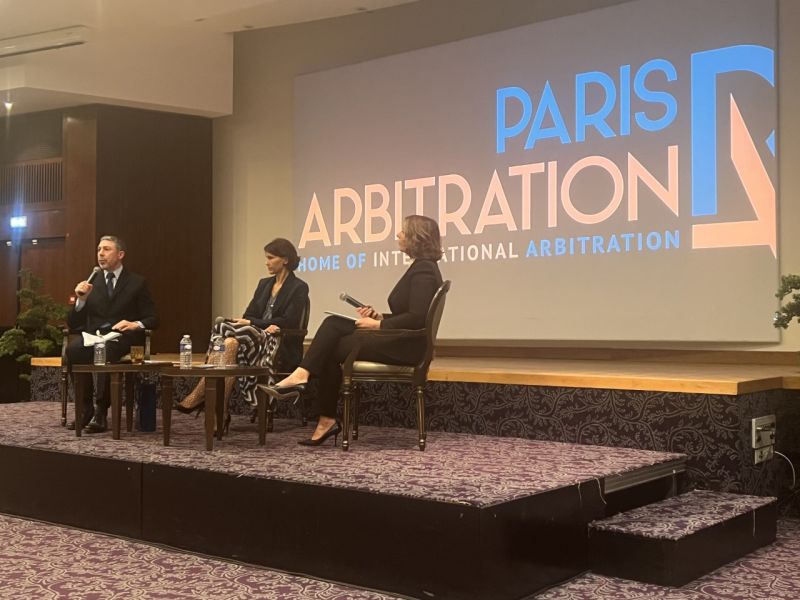This article examines the centrality of arbitration and mediation within the framework of a National Integrated Maritime Strategy (NIMS). It explores their strategic importance in fostering maritime security, commercial stability, and cooperative governance, and considers their diverse applications in the maritime domain. The article further outlines career opportunities emerging from the integration of Alternative Dispute Resolution (ADR) mechanisms into national maritime policy.
1. Introduction
Maritime governance is inherently complex, involving a web of domestic regulations, international conventions, commercial contracts, and cross-border interactions. The National Integrated Maritime Strategy (NIMS) seeks to harmonise these elements, balancing security, economic development, and environmental stewardship. Within this architecture, arbitration and mediation occupy a critical space: they are indispensable in resolving disputes efficiently, preserving relationships, and sustaining investor confidence.
2. The Strategic Role of Arbitration and Mediation in NIMS2.1 Dispute Resolution Infrastructure
Maritime operations—ranging from shipbuilding to offshore energy exploration—often give rise to disputes that are transnational in character. Arbitration offers binding, enforceable awards under recognised frameworks such as the UNCITRAL Arbitration Rules, the London Maritime Arbitrators Association (LMAA) Terms, or the International Chamber of Commerce (ICC) Rules. Mediation, by contrast, provides a consensual, non-binding process that preserves commercial relationships while facilitating pragmatic solutions.
2.2 Regional and International Cooperation
In regions such as the Gulf of Guinea, mediation plays a pivotal role in addressing fisheries access disputes, boundary delimitation issues, and joint development agreements. Arbitration serves as a final recourse where negotiated settlement fails, aligning with the dispute settlement procedures under the United Nations Convention on the Law of the Sea (UNCLOS).
2.3 Blue Economy Development
A robust ADR framework reduces legal uncertainty and transactional risk. This is essential to attracting both domestic and foreign investment in maritime infrastructure, shipping, and resource exploitation. Predictable dispute resolution mechanisms are a hallmark of stable maritime jurisdictions.
3. Applications of Maritime Arbitration and Mediation
The scope of arbitration and mediation within NIMS is broad and multi-sectoral:
• Commercial Disputes: Charter-party disagreements, cargo claims, ship repair contracts, marine insurance disputes.
• Maritime Labour: Crew employment contracts, repatriation issues, wage disputes.
• Environmental and Resource Management: Oil spill liability, marine conservation enforcement, fisheries quotas.
• Intergovernmental Conflicts: Maritime boundary disputes, joint exploitation zones, access rights.
• Public–Private Partnerships (PPPs): Port development, shipyard construction, and logistics infrastructure agreements.
4. Career Opportunities in Maritime ADR
Integrating ADR into NIMS creates specialized professional avenues, including:
• Maritime Arbitrator – Deciding disputes in institutional or ad hoc forums.
• Maritime Mediator – Facilitating consensus in resource management, port operations, and intergovernmental negotiations.
• ADR Counsel – Representing clients in arbitration or mediation proceedings.
• Claims and Risk Manager – Managing disputes for shipping firms, insurers, and port authorities.
• Expert Witness – Providing technical expertise in navigation, ship engineering, marine environment, or insurance matters.
• Institutional Administrator – Managing maritime arbitration centres or ADR units within chambers of commerce.
• Policy and Research Specialist – Advising governments and international bodies on maritime ADR frameworks.
5. Institutional and Capacity-Building Imperatives
For arbitration and mediation to flourish under NIMS, the following measures are essential:
• Establishing formal partnerships with reputable arbitral institutions.
• Designing and delivering training programmes for lawyers, arbitrators, mediators, and technical experts.
• Conducting awareness campaigns to inform maritime stakeholders about ADR benefits.
• Developing model ADR clauses for integration into maritime contracts.
6. Conclusion
Arbitration and mediation are not peripheral to maritime governance; they are central to the efficacy and credibility of a National Integrated Maritime Strategy. Their integration into NIMS not only strengthens dispute resolution capacity but also fosters economic confidence, regional stability, and sustainable maritime resource management. Furthermore, it creates a new generation of professionals—lawyers, arbitrators, mediators, and technical experts—capable of delivering specialised solutions to complex maritime disputes in both domestic and international contexts.







